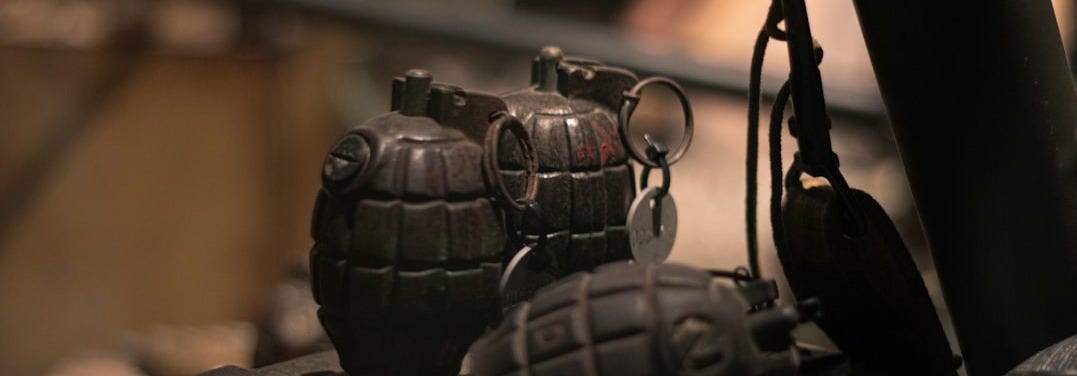
The United States has now inserted itself, quite explicitly, into the escalating conflict between Israel and Iran. On Saturday, U.S. forces dropped bunker-busting bombs on three nuclear facilities in Iran in an effort to cripple Iran’s nuclear capabilities. While I’m relieved the strikes targeted military installations and not civilians, I can’t shake the grief that comes with knowing that this marks us, unmistakably, as active combatants in yet another Middle Eastern war.
President Trump took to social media to announce the strike:
“We have completed our very successful attack on the three Nuclear sites in Iran, including Fordow, Natanz, and Esfahan. All planes are now outside of Iran air space. A full payload of BOMBS was dropped on the primary site, Fordow. All planes are safely on their way home. Congratulations to our great American Warriors. There is not another military in the World that could have done this. NOW IS THE TIME FOR PEACE! Thank you for your attention in this matter.”
It’s that last line that stuck with me: Now is the time for peace.
After boasting about bombs dropped, after flexing our military muscle, after inserting ourselves deeper into a violent conflict—are we truly to believe that peace will be the natural outcome?
It is true that sometimes overwhelming force can lead to temporary surrender. The surrender of Japan at the end of World War II comes to mind. But is surrender the same thing as peace? More often, surrender plants the seeds of future conflict. The start of World War II comes to mind here.
The time between the fall of one adversary and the rise of the next is not peace. It’s an uneasy pause filled with simmering resentment and grief.
When fathers, brothers, friends, and families are killed, those left behind rarely forget. Their anger festers, their grief hardens into hatred, and their desire for retribution fuels the next chapter of violence.
Now, Vice-President Vance has argued that with this bombing, the United States is “not at war with Iran, we’re at war with Iran’s nuclear program.” But do we really think the people of Iran will see it that way? Would we? And even if they do, do we think it will be compelling enough for them not to feel threatened?
This is the cycle we cannot seem to break. We keep reaching for the same tools, the tools of war and violence, and somehow expect them to build peace.
But it doesn’t work that way.
It’s like using a power drill to hammer a nail into a board. Sure, you might manage to drive the nail in, but chances are you’ll break the drill. You’re simply using the wrong tool for the job.
The same applies here. When all we wield is military force, everything looks like a threat. Every conflict looks like a battlefield. Every person starts to look like an enemy, foreign or domestic. And they get crushed under the force of our perceived peacemaking.
And we’ve seen the effects of this not only overseas, but here at home through the over-militarization of police forces. When peacemaking is reduced to intimidation and violence, the cycle continues. Conflict begets conflict.
I understand that there are countries and regimes the world over who only listen to force. It’s the result of our fallen, sinful world. But giving in and using those weapons of force simply plants us further into the soil of this sinful, fallen world as well. In trying to tame the beast, we become the beast.
But what if the untold millions of Christians around the world took peace seriously? There would still be those leaders who want to resort to violence. But there would certainly be less public will behind it and support for their actions, which would, in many cases, influence national decision-making.
Should we really be surprised that when we use the tools of war and violence that it results in more war and violence?
We can’t use the tools of war and violence and expect peace to result. Only in using the tools of peace can peace be the result.
May God have mercy on us, on the people of Iran, and on all peoples under the thumb of war and hatred.
Darkness cannot drive out darkness; only light can do that. Hate cannot drive out hate; only love can do that. ~Martin Luther King, Jr.




